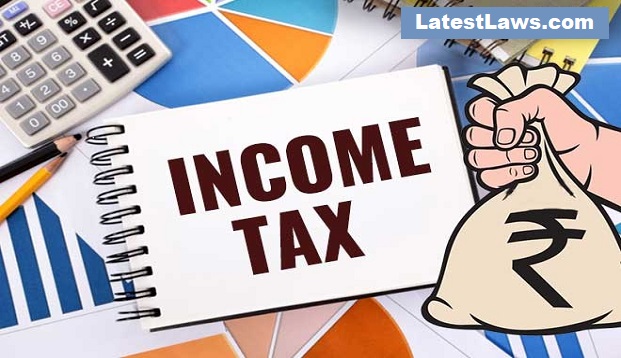In a recent verdict, the Bombay High Court has delivered a stern warning to income tax assessing officers, cautioning that it may impose financial penalties on them if they are found to be responsible for delayed assessment orders that leave taxpayers with inadequate time to respond.
A division bench comprising Justices K. R. Shriram and Kamal Khata strongly condemned the practice of extended delays in income tax assessments and underscored the need for the Central Board of Direct Taxes (CBDT) to sensitize its officers to ensure fair treatment of taxpayers.
Brief Facts of the Case:
Nirjay Securities P. Ltd., the petitioner, filed a writ petition in the High Court of Judicature at Bombay under its ordinary original civil jurisdiction. The case pertained to the delay in the income tax assessment process as well as the subsequent issuance of a draft assessment order. The petitioner received a notice under Section 142(1) of the Income Tax Act, 1961 (ITA). The petitioner, in response to this notice, submitted its replies on two separate occasions: March 9, 2021, and March 16, 2021.
However, after these initial responses, there was a significant delay of six months during which the assessing officer, referred to as the 2nd respondent, did not take any further action. On September 3, 2021, the 2nd respondent finally issued a notice to the petitioner, who promptly responded by providing voluminous documentary evidence. The petitioner also inquired whether any additional details were required. Surprisingly, a draft assessment order was issued by the 2nd respondent on September 23, 2021, leaving the petitioner with just three working days to respond. The petitioner requested a short adjournment and a personal hearing through video conferencing, but these requests were denied.
Contentions of the Parties:
Contentions of the Petitioner:
- The petitioner contended that there was an unexplained and unjustified delay of six months between its initial responses to the income tax notice and the subsequent actions taken by the 2nd respondent.
- They argued that they were unfairly given only three working days to respond to the draft assessment order, making it practically impossible to provide a comprehensive and well-considered response.
- The petitioner also highlighted that its requests for a short adjournment and a personal hearing through video conferencing were denied, further impeding its ability to present its case effectively.
- They emphasized the need for the assessing officer to act more diligently and fairly, particularly when responding to taxpayer submissions.
Contentions of the Respondents:
- The respondents did not deny the petitioner's allegations of delay and the inadequate time provided for response. Their contention appeared to be that no prejudice was caused to the petitioner despite these delays and limitations.
- They did not offer any substantial denial or justification for the six-month inaction or the limited time granted for the response to the draft assessment order.
Observations by the Court:
The High Court expressed strong disapproval of the assessing officer's inaction and the hasty issuance of the draft assessment order. The judges emphasized that assessing officers must carry out their duties diligently and expeditiously, ensuring that taxpayers are given a reasonable opportunity to respond.
The Court took a significant step by quashing the assessment order dated September 29, 2021, and remanding the case to the Jurisdictional Assessing Officer (JAO). The JAO has been instructed to issue a fresh assessment order strictly following the directions provided by the Income Tax Appellate Tribunal (ITAT) and ensuring that the petitioner is granted a personal hearing. The Court further mandated that the petitioner must be provided with notice of the hearing at least five working days in advance.
Decision of the Court:
The petitioner was granted the liberty to submit a supplementary response to the draft assessment order, considering the limited time initially provided. The Court directed that this supplementary response must be filed by October 16, 2023, and the Assessing Officer should provide copies of the notices issued under Section 133(6) of the ITA to relevant parties and any responses received from these parties.
The High Court has stressed that the fresh assessment order must be well-reasoned, addressing every submission made by the petitioner, and it must be issued by December 31, 2023.
Case Name: Nirjay Securities P. Ltd. vs. The Income Tax Officer and Ors.
Coram: Justices KR Shriram and Kamal Khata
Case No.: Writ Petition No.3974 of 2021
Advocates of the Petitioner: Dinkle Hariya, Simoni Chouhan, and Rashmi Vyas
Advocate of the Respondent: P.C. Chhotaray
Read Order @LatestLaws.com
Picture Source :


























